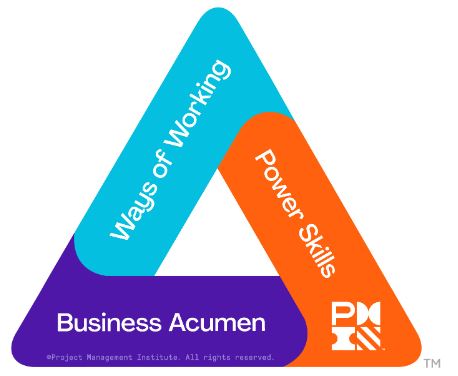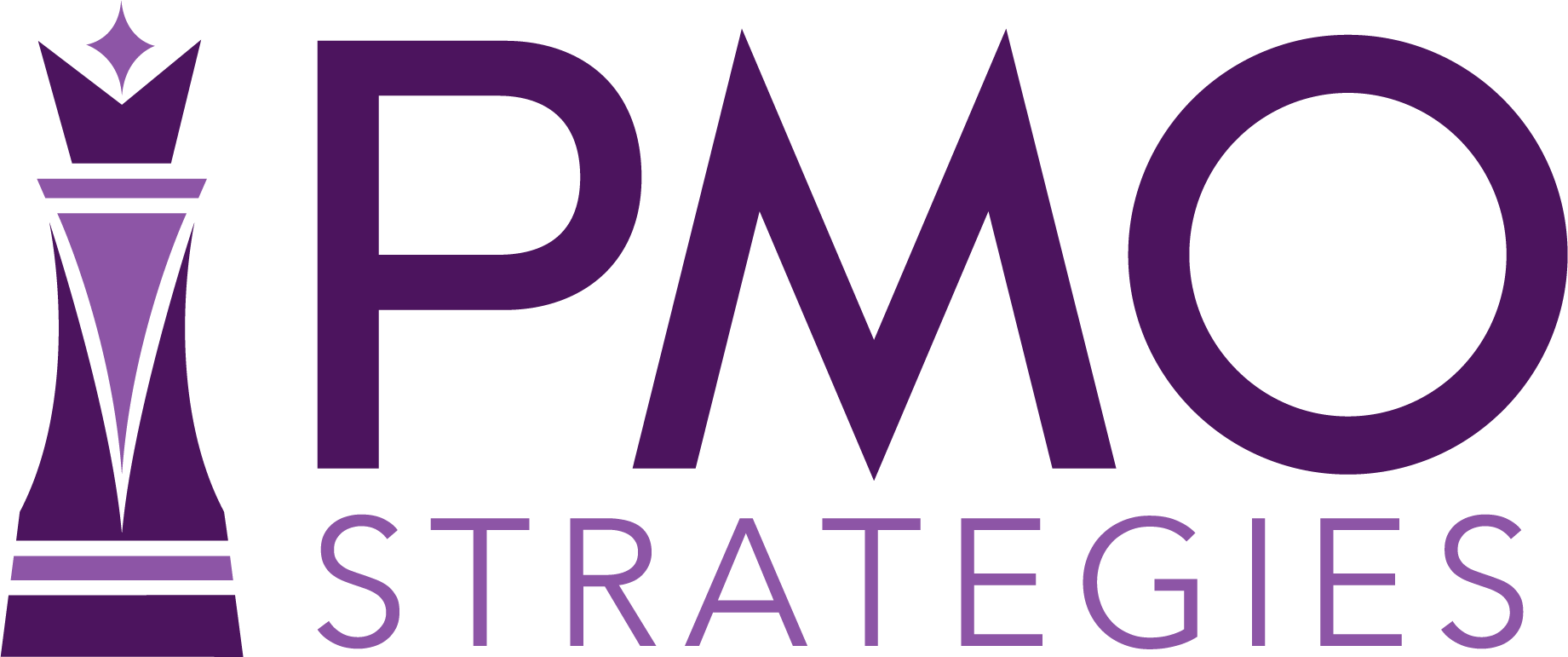Welcome to the PMO Strategies Podcast + Blog, where PMO leaders become IMPACT Drivers!

PMI Talent Triangle: Power Skills
Why Resilience is Your Superpower for Leadership Success
The ability to bounce back from challenges isn’t just a nice-to-have—it’s a must-have. Project leaders, transformation executives, and PMO professionals are constantly juggling competing priorities, navigating shifting business landscapes, and facing resistance to change. The secret to thriving in this environment? Resilience.
In this episode of the PMO Strategies Podcast, I was joined by Annmarie Curley, CEO and Founder of a Newgrange IT Consulting, management consulting firm specializing in optimizing global teams and business-critical projects. With over 25 years of executive leadership experience—including time as a senior executive at a Fortune 500 investment bank—Annmarie shares her insights on turning stress into strength, leading with empathy, and fostering innovation within our teams.
What Is Resilience and Why Does It Matter?
Many of us think of resilience as simply surviving the tough times. Annmarie challenges that notion and introduces a broader perspective: resilience is the ability to prepare, recover from, and adapt to stress and adversity. It’s not just about enduring difficulties but proactively managing our energy, emotions, and mindset to thrive—both personally and professionally.
The Heart-Brain Connection and Emotional Intelligence
One of the most fascinating parts of our conversation was Annmarie’s discussion on the science of resilience. The heart is more than just an organ—it plays a crucial role in emotional regulation. Research from the HeartMath Institute reveals that our heart generates a measurable electromagnetic field that communicates information about how we feel. When we’re in a state of gratitude or calm, our heart’s rhythm creates coherence, sending signals to our brain that enhance cognitive function, creativity, and decision-making. Conversely, when we’re stressed, our heart signals disrupt our brain’s ability to think clearly, leading to reactive decision-making and burnout.
Practical Strategies to Build Resilience
Annmarie shared actionable strategies that anyone can implement to build resilience and maintain high performance under pressure:
✅ Quick Coherence Technique: A simple breathing exercise where you visualize breathing in and out through your heart, activating feelings of gratitude or joy. This practice helps regulate emotions and bring your nervous system into balance.
✅ Gratitude Practice: Recognizing small “glimmers” of joy throughout the day—whether it’s a beautiful sunset, a successful meeting, or a kind gesture—can shift your mindset and improve your overall well-being.
✅ Self-Awareness and Reflection: Taking time at the end of the day to reflect on what went well and what could be improved fosters growth and helps break negative thought patterns.
✅ Reframing Stress: Instead of seeing challenges as obstacles, view them as opportunities to grow. Ask yourself, What is this situation trying to teach me?
Why Resilient Leaders Build Stronger Teams
When leaders cultivate resilience, it doesn’t just benefit them—it transforms their teams. A resilient leader fosters psychological safety, encourages innovation, and helps team members navigate uncertainty with confidence. Teams that feel supported and empowered are more engaged, productive, and adaptable in the face of change.
Your Challenge: Put These Strategies to Work
Resilience isn’t something you either have or don’t—it’s a skill that can be developed. This week, challenge yourself to implement one of the techniques we discussed. Try the Quick Coherence Technique before a stressful meeting or start a daily gratitude practice. Small shifts can create a ripple effect, helping you lead with greater IMPACT.
What’s one way you build resilience in your daily routine?
🎧 Click play above to listen to the full conversation and the guided breathing practice.
 Connect with Annemarie Curley:
Connect with Annemarie Curley:
T hanks for taking the time to check out the podcast!
hanks for taking the time to check out the podcast!
I welcome your feedback and insights!
I’d love to know what you think and if you love it, please leave a rating and review in your favorite podcast player. Please leave a comment below to share your thoughts. See you online!
Warmly,
Laura Barnard








